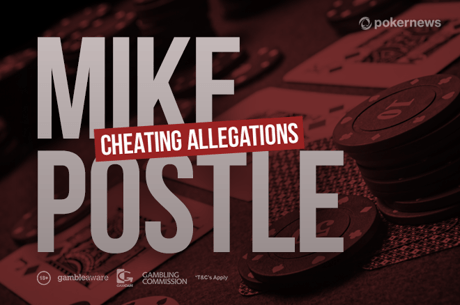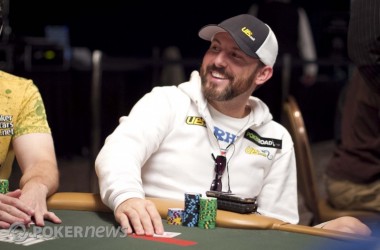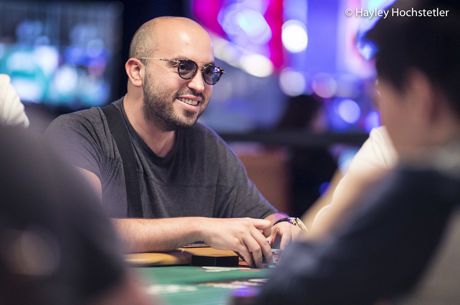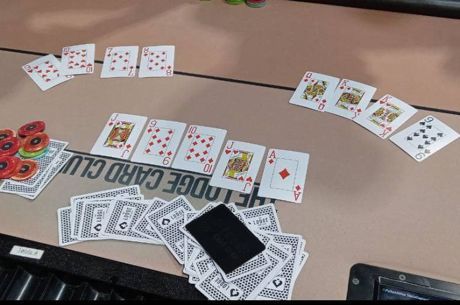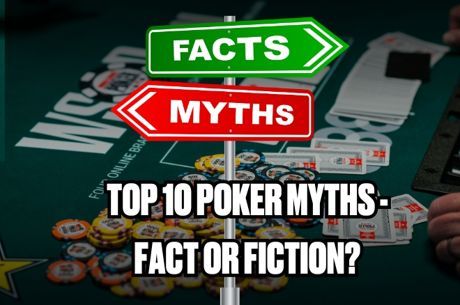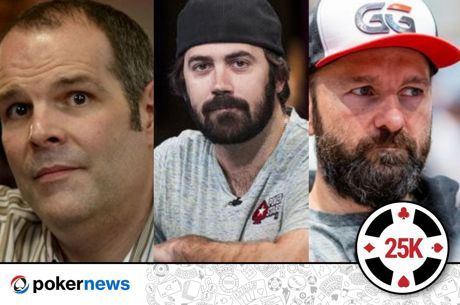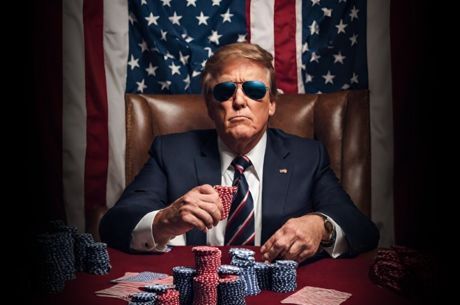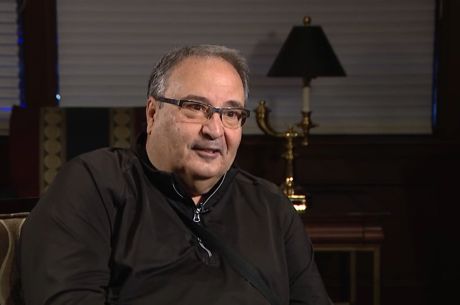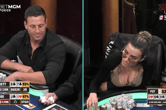Top 5 Most Memorable Poker Cheating Scandals in History
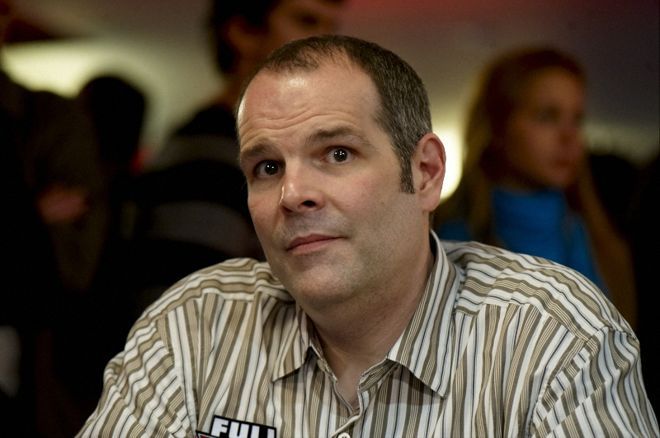
Table Of Contents
The Hustler Casino Live (HCL) alleged cheating scandal has taken the poker world by storm this year.
Robbi Jade Lew made a stunning call for over $100,000 during a Sept. 29 Hustler live stream with jack-high and won against the eight-high of Garrett Adelstein, who immediately accused her of cheating.
The Los Angeles high-stakes poker legend couldn't fathom anyone could possibly make that call without having some sort of assistance. It appears that most within the poker community have taken his side, at least if you believe social media is an accurate representation of society.
But despite Adelstein's confidence in his accusations, the evidence, at least to this point, has been circumstantial. Suspicious, yes, but still just circumstantial. A decent lawyer, if this were to ever end up in court, could easily argue that she simply decided to heck with it and made the call knowing that Adelstein is an aggressive bluffer, and proving otherwise wouldn't be an easy task.
The official investigation concluded earlier this month and found "no evidence of wrongdoing," though it didn't go so far as to say with certainty that nothing happened.
With the HCL saga seemingly done, let's take a look back at some of the other memorable similar incidents, some of which were never proven beyond a reasonable doubt.
Hustler Casino Live Poker Scandal Investigation Finds 'No Evidence of Wrongdoing'
Mike Postle the Alleged Poker Cheater
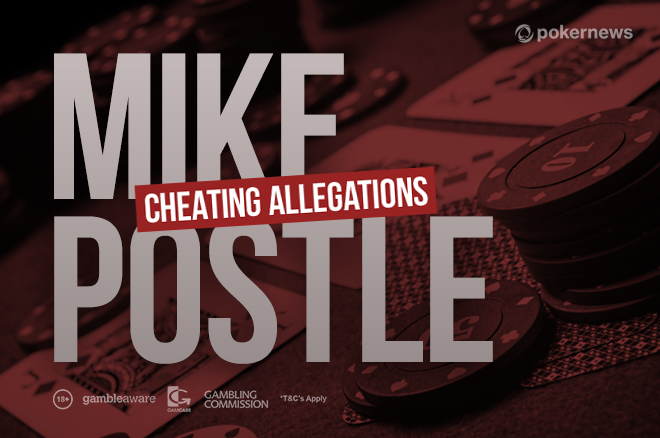
We start our list of top five poker cheating scandals with a similar, but also very different, case to Lew's. Mike Postle, a Northern California poker pro was accused of cheating over the course of 18 months during the old Stones Live streams at Stones Gambling Hall.
Veronica Brill, a commentator and occasional player in the games, brought forth some harsh allegations against Postle in September 2019. The poker community then began investigating the claims and most were instantly convinced he cheated based on his apparent ability to consistently make the right decision in tough spots, mostly on the river.
Hundreds of hands were used as evidence across numerous YouTube channels showing Postle repeatedly making difficult but correct calls and raising with nothing when his opponent also had junk. The quantity of instances in which a low to mid-stakes player made brilliant plays had most poker players convinced there was no way he didn't cheat.
Lawsuits were filed against Postle and the casino, but it was never proven beyond a reasonable doubt in court that he cheated, and he never faced criminal action. He has always denied the accusations but has refrained from providing many statements to the media over the past few years. Much like the Robbi Jade Lew alleged cheating scandal, the Postle case is highly suspicious but would be nearly impossible to prove in a court of law until someone else involved, if cheating did occur, outs the accused.
Bryn Kenney and his Horses
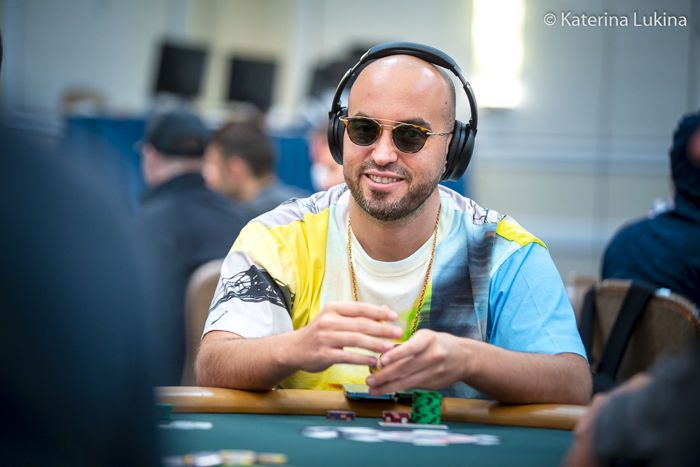
Earlier this year, one of the all-time greats, Bryn Kenney, was accused by Martin Zamani of running a cult-like poker cheating stable of which Zamani claims to have joined.
According to the accuser, Kenney, who has over $57 million in live tournament cashes according to Hendon Mob, had a stable full of poker horses who colluded together in online poker games and also used real-time assistance (RTA) tools to gain an unfair advantage, which Zamani revealed in a memorable Doug Polk podcast.
Kenney denied the allegations on the PokerNews Podcast in April 2022. But many within the poker community don't see to buy the denial. In May, PokerNews revealed some damaging evidence against the high-stakes poker pro. Text messages between Kenney and a fellow member of his staking stable appear to indicate some collusion took place online.
Martin Zamani Speaks Out Again; Do Messages Reveal What Bryn Kenney Knew?
Ultimate Bet Superuser Scandal
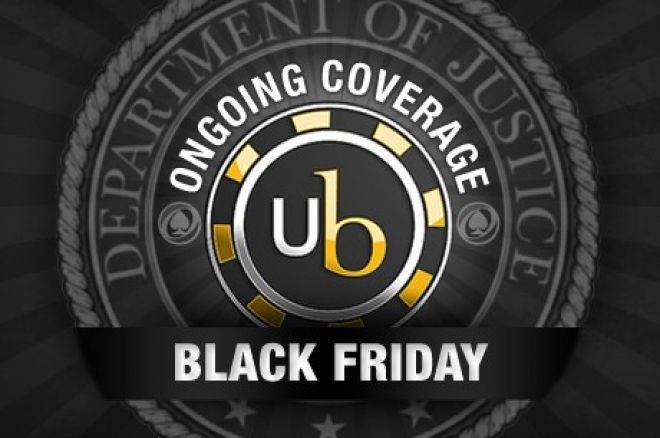
During the poker boom era (2000s), Ultimate Bet was one of the major poker sites. Prominent pros such as Phil Hellmuth and Annie Duke heavily promoted the site. Although UB wasn't quite as big of a player as Full Tilt Poker and PokerStars back in the day, it was certainly a popular site with some juicy games.
In September 2007, players began questioning the legitimacy of some games on UB's sister site, Absolute Poker. Less than a year later and the same allegations were brought forth about Ultimate Bet.
Following an investigation, it was determined that a superuser account, known as "potripper," has access to opponent's hole cards and was able to fleece the poker community out of more than $20 million. Behind the whole scheme was former WSOP Main Event champion Russ Hamilton, known still to this day as the biggest cheater in poker history. Although he never spent time in prison, he's never since been welcomed back into the poker community.
Ultimate Bet and Absolute Poker never recovered from the April 2011 Black Friday crackdown and have been defunct poker sites for more than a decade.
Epic Poker League
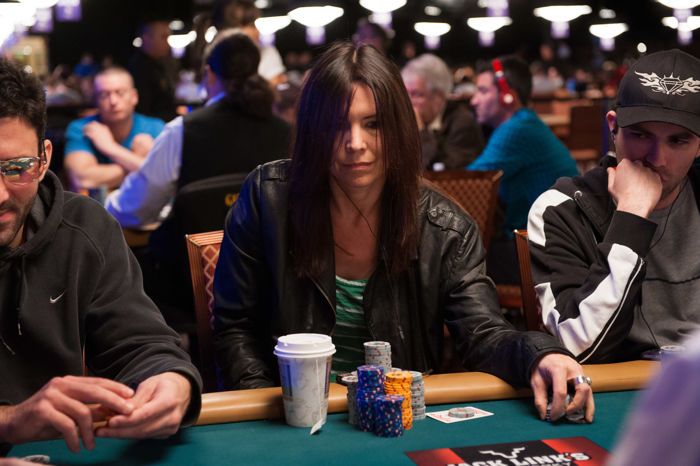
At first, the Epic Poker League's name seemed to be spot on. In 2011, Annie Duke and former WSOP commissioner Jeffrey Pollack created a made-for-TV league at the Palms in Las Vegas that would pit the biggest stars in the game competing for large amounts of money.
Pros such as Erik Seidel, Michael Mizrachi, and Chino Rheem competed in the first few events. The $20,000 buy-in tournaments attracted over 90 players and the action was great. In the first event, and you can watch the final table below, Rheem shipped the 137-player field for $1 million.
So, what happened to the Epic Poker League? In February 2012, after just four events, the league filed for Chapter 11 bankruptcy and there never another card dealt. The business was poorly operated by Duke and Pollack, and they refused to host the promised $1 million season-ending freeroll. Many poker players held Duke responsible for the league's failures and never forgave her for backing out of the freeroll.
Duke left the poker world for a career as a public speaker and author.
Federated Sports+Gaming Files for Chapter 11 Bankruptcy
Black Friday
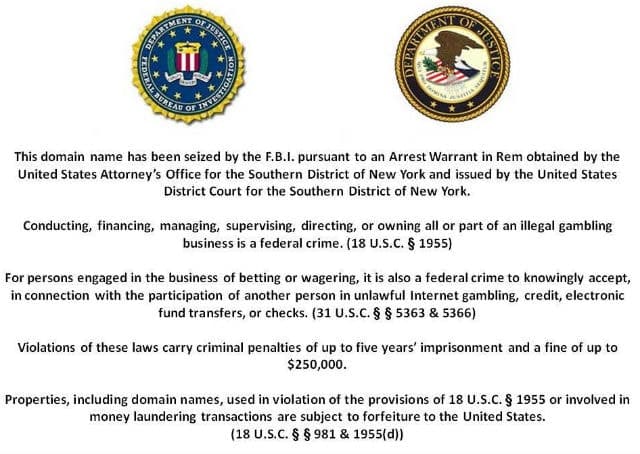
We saved the biggest scandal of them all for last. April 15, 2011 will forever be known as the darkest day in poker history, more commonly referred to as "Black Friday." Some still believe it was the day that online poker in America died, although it has seen a rebirth of sorts in recent years.
What truly sets this one out ahead of the others on this list is that the poker community still hasn't fully recovered 11 years later, and may never completely get over what transpired on that fateful day.
Black Friday was costly to thousands of poker players. Many pros counted on the money they made playing online back then and were left with so much uncertainty. When the DOJ shut the top poker sites down on Black Friday, the outcome was akin to being laid off from a job for so many poker players.
Prior to that day, poker platforms such as Full Tilt Poker and PokerStars operated as unregulated sites in the United States. And then it all came crumbling down on Black Friday, the day the DOJ issued indictments for the three top poker sites, leaving thousands of US poker players concerned they may never see their remaining account balances.
PokerStars paid back outstanding player balances within a few months, and then after acquiring Full Tilt Poker, paid out those players' balances. It wasn't until 2017 when the process of paying back Ultimate Bet/Absolute Poker players began.
In 2013, online poker in the US had its first victory since Black Friday when legal and licensed poker sites opened in three states �� Delaware, New Jersey, and Nevada. Since then, Michigan and Pennsylvania have followed suit. It's been a slow grind to bring legal poker to the United States. More than 11 years after Black Friday, only 10% of the country has licensed poker sites in operation, but there is optimism that number will increase in the coming years.
10 Years After Black Friday: Where Poker's Been and Where it's Going

